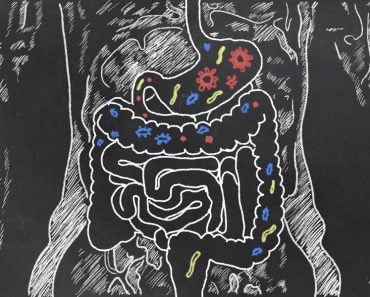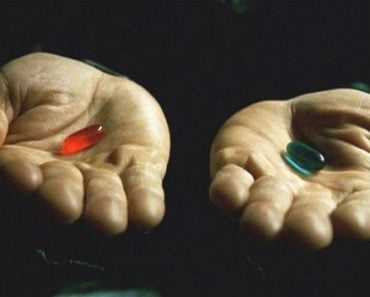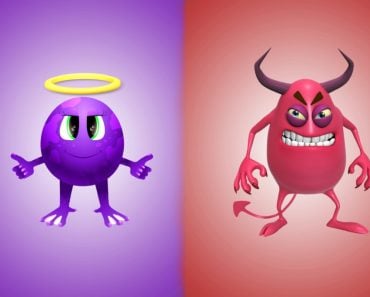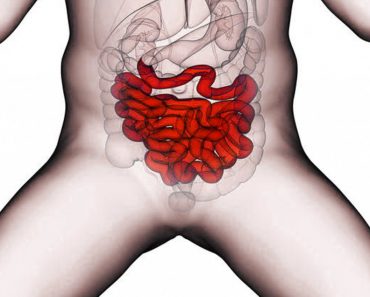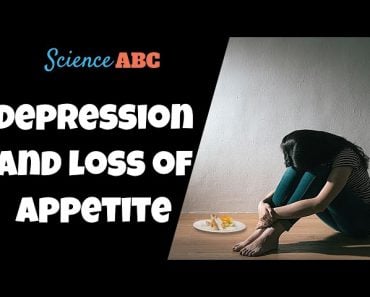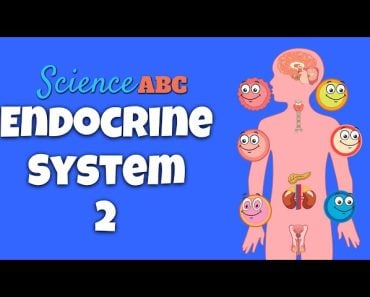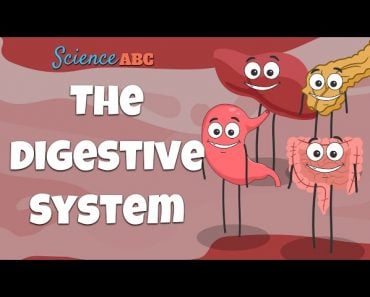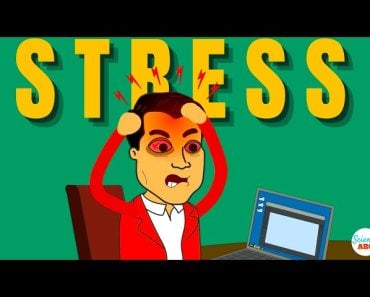Table of Contents (click to expand)
Certain bacteria in our gut produce serotonin from the amino acid tryptophan, which is common in food. This serotonin is a hormone that affects our brain and by extension our emotions, via the gut-brain axis.
Imagine waking up one morning feeling fresh and energetic. You get out of your warm and cozy blanket, start making your cuppa joe and gaze peacefully at the morning sun. Today feels different. You’re having a great hair day, you’re able to correctly guess all the words of your crossword puzzle in a single go, the food tastes better and the sun feels nicer than usual as it shines on your skin. It’s one of those days where you’re just in an unusually good mood.
It turns out that this happy feeling could come from the gut… more specifically, the gut bacteria.
Recommended Video for you:
Gut Bacteria – Our Friendly Intestinal Tenants
In school, perhaps you were taught that bacteria are nasty disease-causing germs. This is true. They do cause disease. However, not all bacteria make us sick, or indeed, are even harmful.
These microscopic beings are omnipresent. The food we eat, the air we breathe, the water we drink and the ground we walk on are teeming with thousands upon millions upon trillions of bacteria. They even live in and on our bodies. The bacteria inside us live in our intestinal tract and are called gut bacteria.
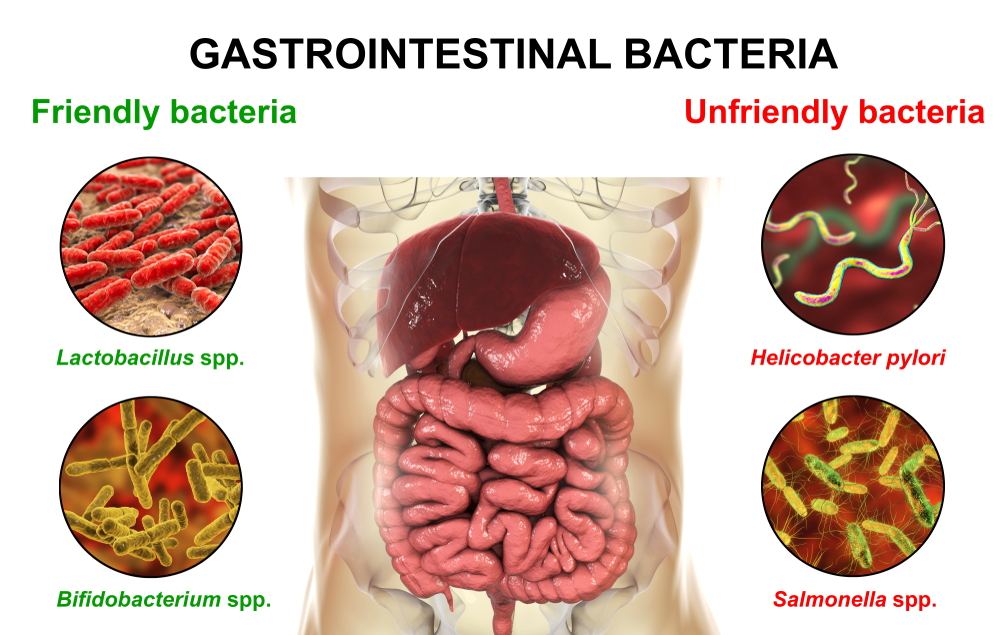
Gut bacteria are in us from the moment we are born until well after we die. They are an integral part of our lives because they affect our sleep, digestion and even our mood and behavior. Gut bacteria seem to pull so many physiological strings by altering our brain chemistry.
Now, you’re probably wondering how something in our GUT can affect our BRAIN. Sounds strange, right? However, the link actually lies in our digestive system.
The food we eat is also the food that our gut bacteria eat. They break down the tough to digest complex sugars that our body can’t break down independently. They also use our food as fuel for their metabolic processes. In doing all this, they make vitamins, signaling molecules and neurochemicals that affect our brain.
That’s how we get the microbiota-gut-brain axis.
What Is The Microbiota-gut-brain Axis?
The microbiota-gut-brain axis is the link between our brain and our gut. Microbiota is the scientific term for the entire bacterial population living in our gut. To simplify the definition even further, it’s the connection between our gut bacteria and the brain. It’s how gut bacteria can influence brain chemistry.
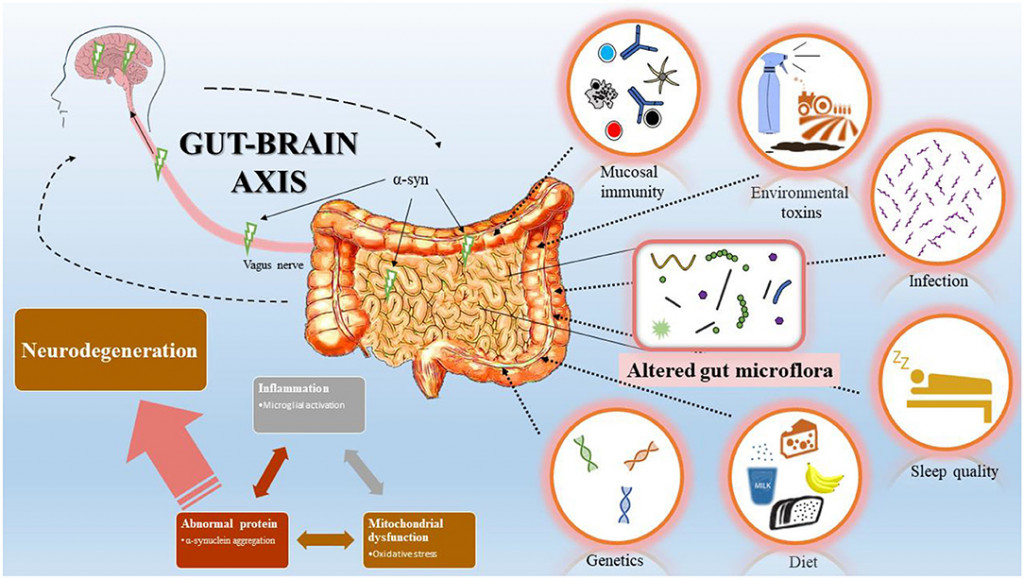
It’s a two-way complicated communication system that involves the nervous system and the hypothalamic pituitary adrenal (HPA) axis. The hypothalamic pituitary axis is the communication highway between the hypothalamus, pituitary gland and adrenal gland. This inner-brain communication mechanism regulates our hormonal pathways.
To summarize, essentially, our gut environment impacts our hormonal systems and alters brain chemistry.
What Does This Have To Do With Happiness?
Remember when I mentioned that gut bacteria make vitamins, signaling molecules and neurochemicals that affect our brain?
Well, there is an amino acid – tryptophan – present in milk, meat, cheese and nuts, which is essential because it helps our body make certain hormones. Rather, our gut bacteria metabolize tryptophan to make them for us.
There are biomolecules in our food that our body can’t break down because we lack the components (enzymes/cells/genes) to do so. The gut bacteria help us out by breaking them down for us. Tryptophan is one such molecule. The gut bacteria metabolize tryptophan to release serotonin, which is nothing but our happy hormone.
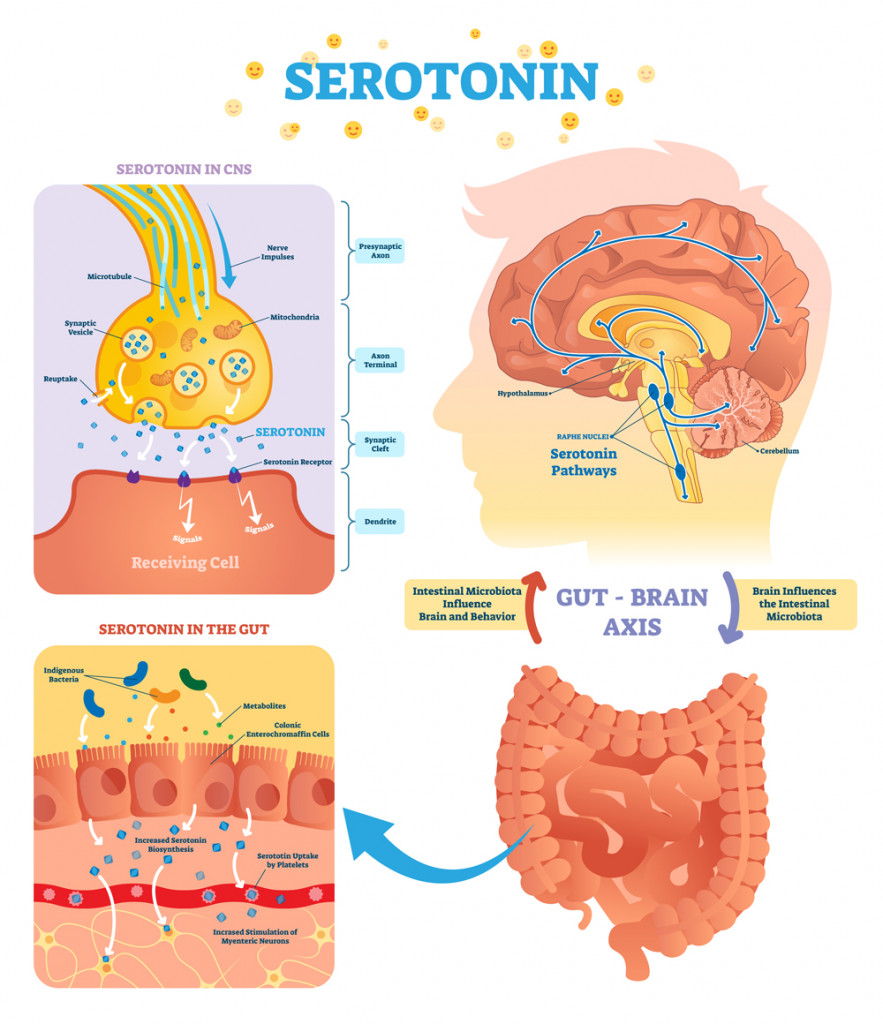
Serotonin travels from the gut to the brain via the microbiota-gut-brain axis and influences our mood, making us feel happy. Serotonin also stimulates the HPA axis, causing the body to release other hormones, such as Adrenocorticotropic hormone and corticotrophin. Both of these hormones regulate our stress response and are what make us feel motivated to take on challenges.
Serotonin also affects sleep and appetite. When we are hungry, serotonin levels drop. This could explain why we sometimes find ourselves in irritable moods when famished.
Happy Bacteria = Happy Moods
If your gut bacteria are functioning well, then your gut will be making its mood-boosting brain chemicals. So, for you to be happy, it’s important to keep your gut bacteria happy too! That’s why we should ensure that the food we eat is of the highest quality possible.
Research suggests that gut bacteria development in our early lives can shape our serotonin production throughout our adult lives. It’s a symbiotic relationship. Pleasing our gut bacteria will only help our mood and health, so be sure to eat food that’s good for the gut!
In fact, gut bacteria can even influence our food choices. Those random food cravings we get may not be so random after all.
When gut bacteria metabolize dietary fiber, they make short-chain fatty acids (SCFA), such as Butyrate. These chemicals also act as signaling molecules and affect gut-brain communication, causing mood changes. So, when we get those random pizza cravings, it could be our gut bacteria telling us that they need more fiber. They act as microscopic puppetmasters by controlling our food cravings.
However, we should fight back against our junk food cravings, as those only come when our gut bacteria are not balanced, resulting in a condition known as dysbiosis. This is when there are more bad gut bacteria than good ones or the good bacteria are not in large enough numbers to have a good effect on the body.
Research also shows that taking probiotics (good gut bacteria) can reduce stress and anxiety, because more happy hormone molecules are made by adding more good bacteria to our gut.
Conclusion
To answer the main question, happiness does come from the gut. After reading this article, I hope you get a sense of the power that gut bacteria holds in our lives. The brain chemistry-altering chemicals they make can influence many bodily processes.
New technologies and trends are trying to exploit this trait. One emerging trend is customizing a diet based on gut bacteria composition.
There are now laboratories that can give you detailed reports about your gut bacteria. All you have to do is provide them with a poop sample. Accordingly, custom diets can be made that are best suited to your particular gut bacteria.
Overall, gut bacteria do more than just put smiles on people’s faces, so remember to care for them!
References (click to expand)
- Cryan, J. F., & O’Mahony, S. M. (2011, February 8). The microbiome-gut-brain axis: from bowel to behavior. Neurogastroenterology & Motility. Wiley.
- Clarke, G., Grenham, S., Scully, P., Fitzgerald, P., Moloney, R. D., Shanahan, F., … Cryan, J. F. (2012, June 12). The microbiome-gut-brain axis during early life regulates the hippocampal serotonergic system in a sex-dependent manner. Molecular Psychiatry. Springer Science and Business Media LLC.
- Lima-Ojeda, J. M., Rupprecht, R., & Baghai, T. C. (2019, February 11). Happy Gut Bacteria, Happy Brain: The Microbiota-Gut-Brain Axis. Frontiers for Young Minds. Frontiers Media SA.
- Lima-Ojeda, J. M., Rupprecht, R., & Baghai, T. C. (2017, August 22). “I Am I and My Bacterial Circumstances”: Linking Gut Microbiome, Neurodevelopment, and Depression. Frontiers in Psychiatry. Frontiers Media SA.
- (2015) The gut-brain axis: interactions between enteric microbiota .... The National Center for Biotechnology Information
- Huo, R., Zeng, B., Zeng, L., Cheng, K., Li, B., Luo, Y., … Xie, P. (2017, November 30). Microbiota Modulate Anxiety-Like Behavior and Endocrine Abnormalities in Hypothalamic-Pituitary-Adrenal Axis. Frontiers in Cellular and Infection Microbiology. Frontiers Media SA.
- Höglund, E., Øverli, Ø., & Winberg, S. (2019, April 8). Tryptophan Metabolic Pathways and Brain Serotonergic Activity: A Comparative Review. Frontiers in Endocrinology. Frontiers Media SA.
- Alcock, J., Maley, C. C., & Aktipis, C. A. (2014, August 8). Is eating behavior manipulated by the gastrointestinal microbiota? Evolutionary pressures and potential mechanisms. BioEssays. Wiley.
- Silva, Y. P., Bernardi, A., & Frozza, R. L. (2020, January 31). The Role of Short-Chain Fatty Acids From Gut Microbiota in Gut-Brain Communication. Frontiers in Endocrinology. Frontiers Media SA.


